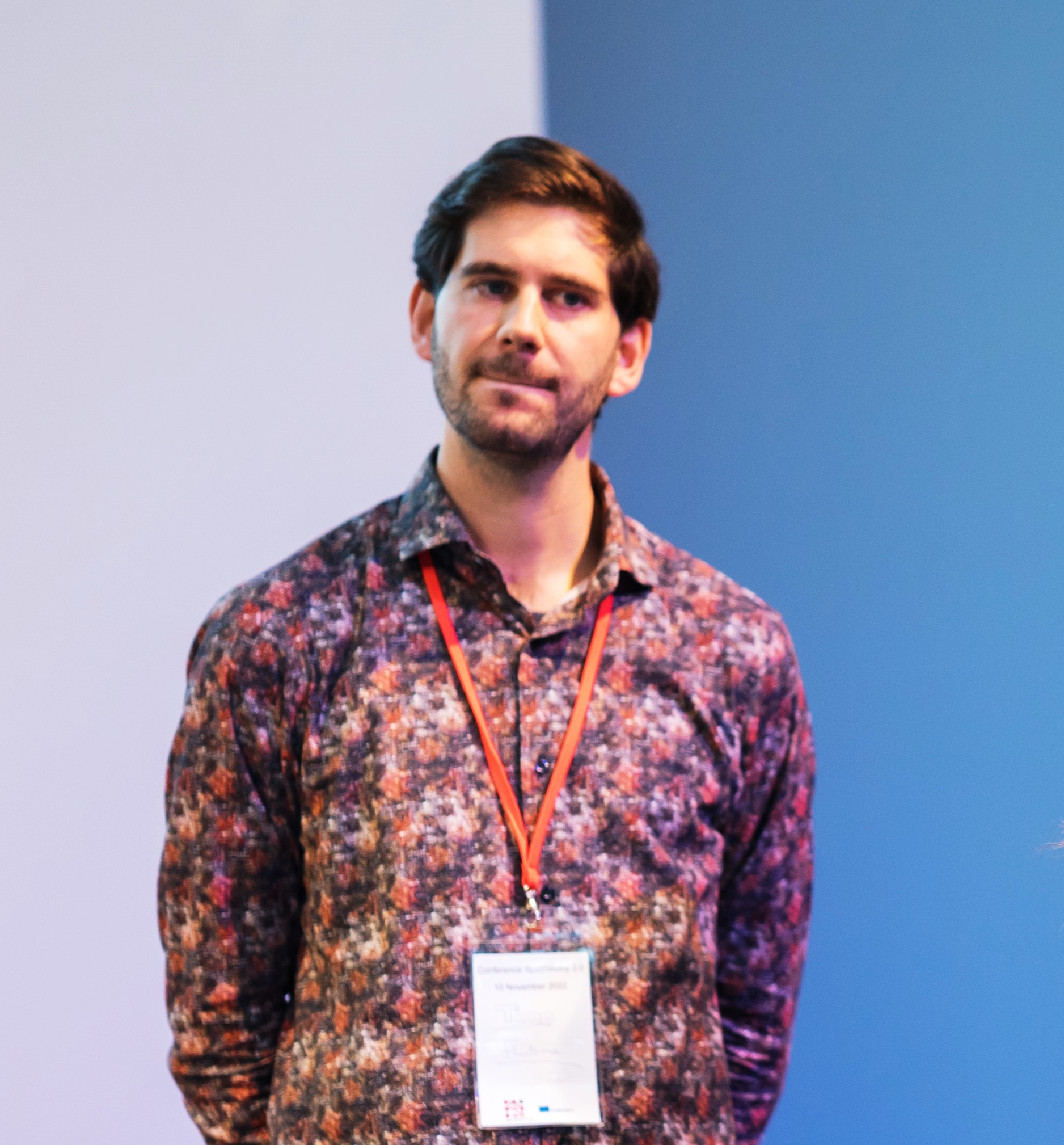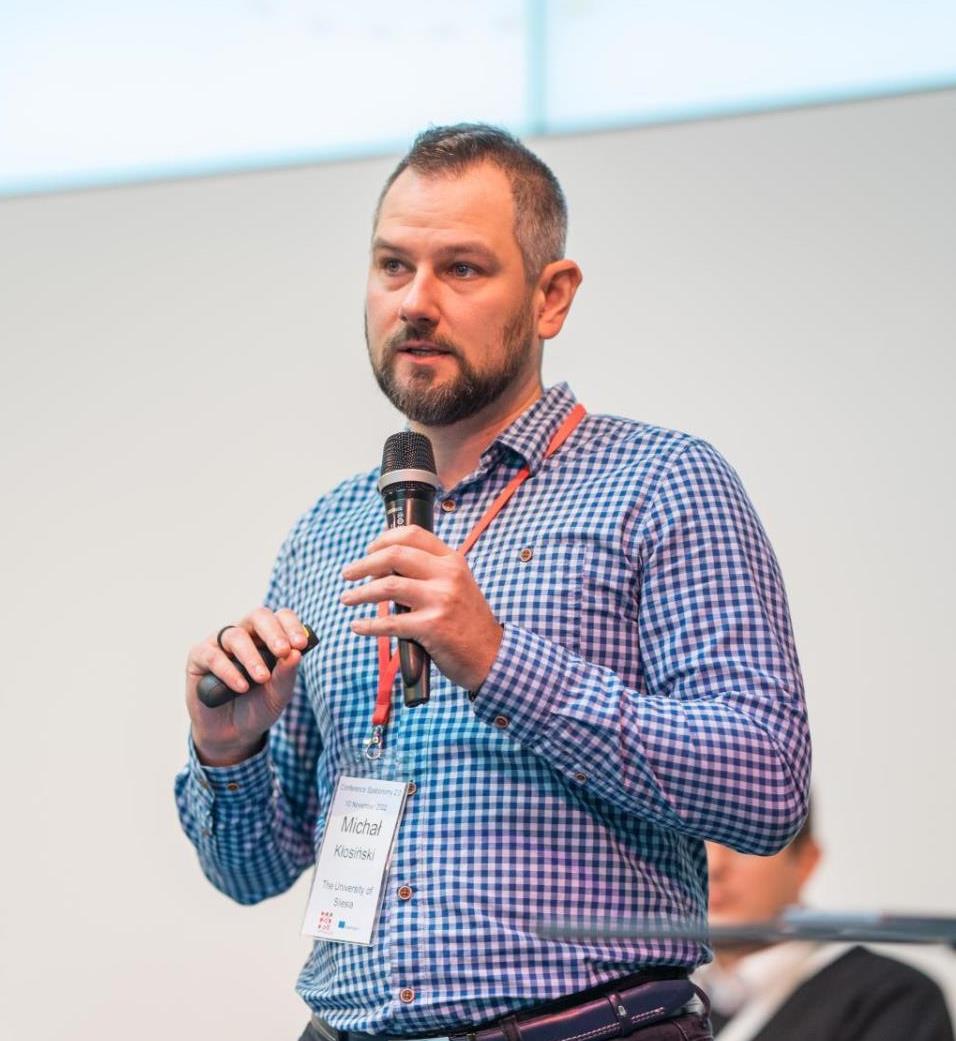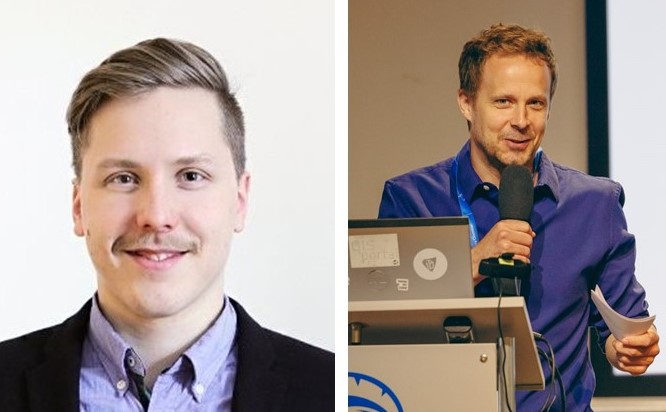Each day of the GeoSpatial Summer School 2023 on GIScience & Gamification (G3S GIGame 2023) will be supervised by experts from the field of GIScience and gamification/playful education/game design and similar.
Timo Fluitsma

Timo Fluitsma graduated of Humanities at Utrecht University (The Netherlands). His interests lie with gaming, serious games, ambience and world design, transmedia practises, monetization practises, PR content creation, environmentalism, gender and writing. In 2022, he took part in the Spationomy 2.0 project (https://spationomy.mvso.cz/2.0/), within which he co-developed a geospatial environmental game called Carbon Pearl.
Jan Piňos

Jan Piňos received his PhD from geoinformatics and cartography at Palacký University Olomouc (Czechia) and currently works remotely for a New Zealand IT company. Within his PhD he focused on applications of city-building games in spatial planning, where he thoroughly explored Cities: Skylines and its possibilities for static (development of a city neighbourhood) and dynamic modelling (traffic scenarios).
Michał Kłosiński

Michał Kłosiński is currently associate professor at University of Silesia in Katowice (Poland), Faculty of Humanities. He has been managing a project Mapping Game Biopolitics: Paradigms of immunization in digital games, and is active in an intersection between philosophical hermeneutics, object oriented ontology, utopian studies and game studies. His interdisciplinary outreach flows also into geography and utopian worlds.
Santeri Jaakkola & Vít Pászto

Santeri Jaakkola is a Head trainer and game producer at Seppo.io, a Finnish based company specializing in gamification and producing the Seppo gamification platform for corporate training and education. Santeri’s interest lies in gaming and action-based learning.
Vít Pászto is an assistant professor at Palacký University Olomouc (Czechia) and has been leading three Erasmus+ KA2 projects, all of them using gamification tools and techniques in geography and geoinformatics in higher education.